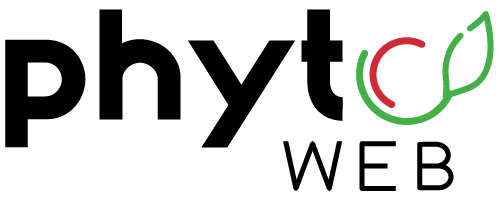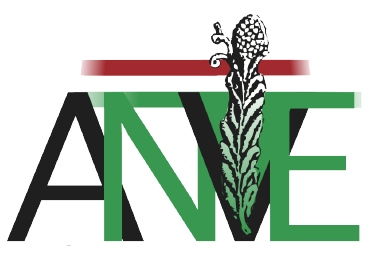UK-EU reset: what the new deal means for plant trade?
- News
- 1 August 2025
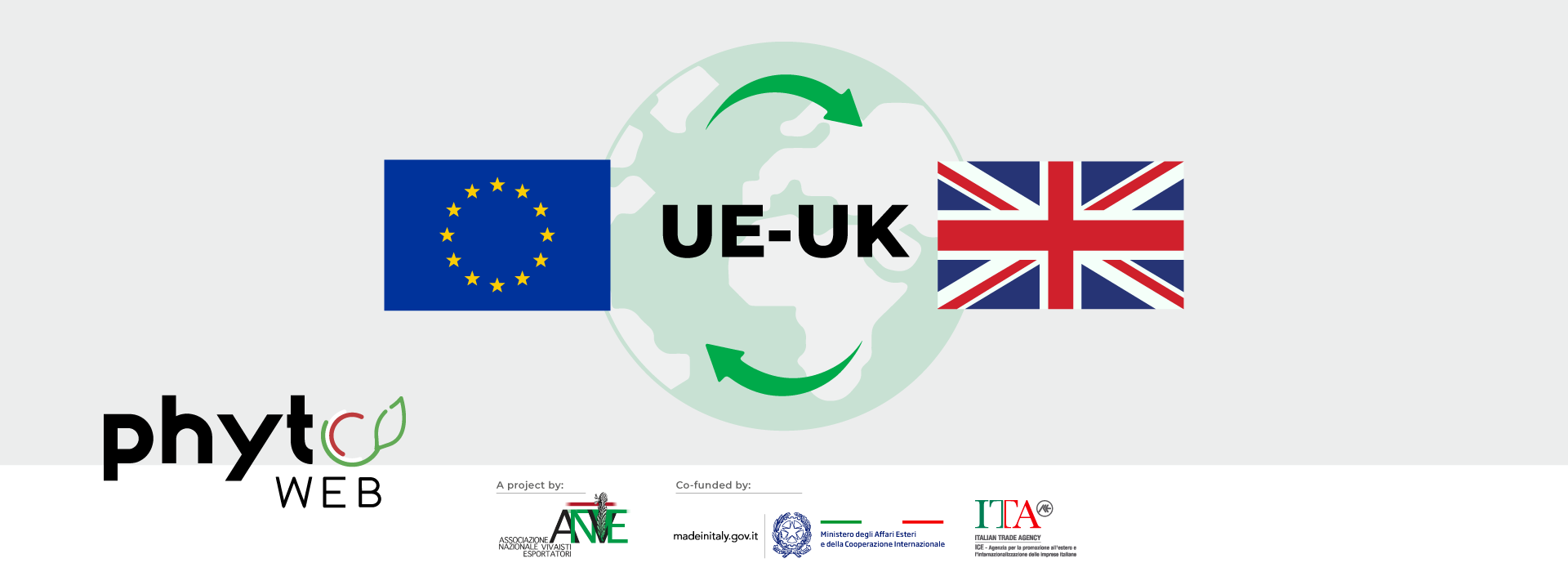
With the implementation of the Border Target Operating Model and post-Brexit regulations, exporting and importing plants between the United Kingdom and the European Union has become a complex challenge in recent years.
Document inspections, physical border checks, mandatory phytosanitary certificates, divergent regulations, and separate traceability systems from the European ones have made the trade of plants and plant material an increasingly intricate process, with direct consequences on costs, timelines, and the overall competitiveness of the plant nursery sector.
Now, however, a shift in direction seems imminent. The United Kingdom and the European Union are working on a partnership agreement, a sort of “reset” in trade relations aimed at creating a shared sanitary and phytosanitary area. If approved, the agreement will entail:
- Alignment of the UK with EU phytosanitary regulations;
- Removal of most certifications and customs checks required for plant movement;
- Introduction of a joint EU-UK plant passport to simplify traceability and circulation;
- Elimination of current regulatory barriers hindering imports and exports;
- A shared data system to align biosecurity standards;
- A smoother trade flow, less prone to interruptions and delays.
However, this pact will not bring the UK back into the single market or the customs union, as it will retain its legislative independence, separate customs procedures, and distinct trade policies. The agreement will exclusively address sanitary and phytosanitary matters, focusing on plants, plant products, propagation materials, agri-food goods, animals, and animal by-products.
In the meantime, until the agreement is fully in force, the current rules remain effective: mandatory phytosanitary certificates, full traceability of the supply chain, continuous monitoring of the UK’s list of regulated harmful organisms, and regular updates on regulatory changes and documentation requirements.
In this complex framework, digital tools like Phytoweb support companies by minimizing documentation errors and the risk of border rejections, accelerating export operations, and providing up-to-date requirements for each destination country, including the UK, as well as information such as lists of regulated pests and corresponding containment measures.
The agreement between the United Kingdom and the European Union aims to rebuild a functional, pragmatic, and forward-looking partnership while ensuring high standards in food safety, biosecurity and public health.
This agreement marks the beginning of a new phase in UK-EU relations and has the potential to strengthen European competitiveness and create a more stable and mutually convenient trade environment for farmers, producers and nurserymen on both sides of the Channel.
ULTIME NEWS

Plant safety: EFSA highlights 47 emerging phytosanitary threats
The EFSA (European Food Safety Authority) has recently updated the list of priority pests for the European Union, identifying 47 species that require attention, monitoring, and strengthened quarantine measures.
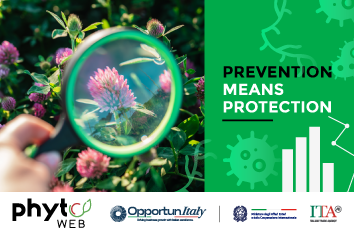
Prevention, quality, sustainability: the value of effective monitoring
Amid climate change, international trade, and growing phytosanitary pressure, promptly identifying and preventing harmful organisms has become essential.
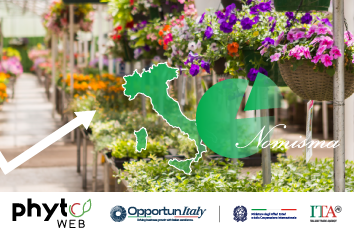
Nomisma report: the italian plant nursery industry between growth, competition, and new challenges
The plant nursery industry continues to represent one of the flagship sectors of Made in Italy. With well-established production districts, significant economic value, and a key role in international markets, the industry remains a pillar of the national economy.
